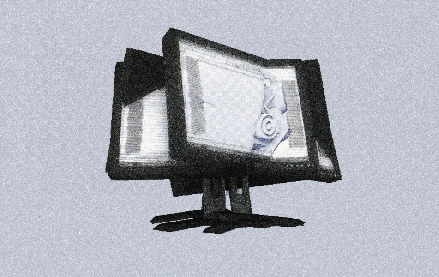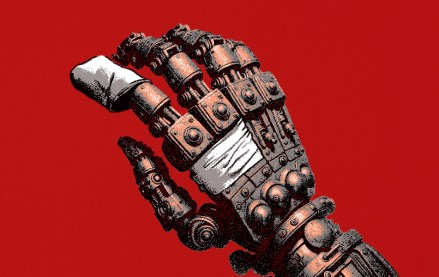
When reports spread on Jan. 22 that footballer Cristiano Ronaldo injured his hand and had to abandon his Lamborghini, Spanish newspaper El País’ first call was to the police. When they couldn’t confirm the story, and it later surfaced that the car belonged to someone else, the Spanish newspaper debunked the false claim.
Football is a serious business in Spain, though this still falls on the gossip end of the scale of fake news. Still, there’s no disputing the spread of most false information can cause brands, politicians and citizens damage. Now El País is giving more permanent space to lambasting lies on a new blog called Hechos (which translates as “fact”).
“We’ve seen a lot of them in the past year, a bunch of these sites that make stories that rely on rumors,” said David Alandete, managing editor at El País. These purveyors of misinformation, he said, mimic the structure of legitimate news sites; they have similar names, typography, layouts and are deliberately confusing.
“The problem as an editor is how this pretend journalism relies on perception, emotions, documents that are not real, and they get into the big news cycle in Spain,” said Alandete.
Sites like OKdiario and PR Noticias (PR News) feature industry gossip or rumors that can spread to mainstream publishers. While the overheads of some of these sites are low — often requiring just a couple of people writing stories — they can drive display ad revenue, especially when the right amount of pressure is applied. Last year, the editor of PR Noticias was jailed for four months for blackmailing a politician after he was found guilty of threatening to publish a dossier containing incriminating information.
Each country’s brand of fake news differs. While María Ramírez, political reporter at Univision Communications, believes there is politically driven fake news in Spain, a lot of it is also due to weak reporting, which is the result of a limited investment in journalism since 2008.
“The economic crisis created a lot of insecurity, foreclosures, mass firings and the ascent of new parties that have shattered the two-party system we have had since the consolidation of democracy,” said Alandete. Currently, the People’s Party represent the government, after a contested election in 2016 strengthened its power; the remaining parties fall to the center and left: the socialist, populist and Communist parties.
“I would not say it is the cause of the proliferation of fake-news sites, but those conditions certainly have originated a distrust in all institutions, included the press,” he added.
Like many publishers, El País’ editors are involved in fact-checking its journalism. It has also recently tasked five members of its production team with fact-checking responsibilities. For now, this is all done manually. But it’s also talking with Facebook, Google and Twitter about how it can curtail the distribution of fake news.
An earlier version of this story incorrectly stated that the editor of PR Noticias had been jailed for four years, rather than four months.
Images: via Cristiano Ronaldo’s Instagram.
More in Media

Earnings from social and search players signal that AI will be a long-play investment
Giants like Google, Meta and Microsoft say investors and advertisers might have to wait longer for AI to generate a better return on investment.

Why some publishers aren’t ready to monetize generative AI chatbots with ads yet
Monetization of generative AI chatbot experiences is slow going. Some publishing execs said they’re not ready to add advertising to these products until they scale or can build a subscription model first.

Media Briefing: Publishers who bet on events and franchises this year are reaping the rewards
Tentpole events and franchises are helping publishers lock in advertising revenue.





